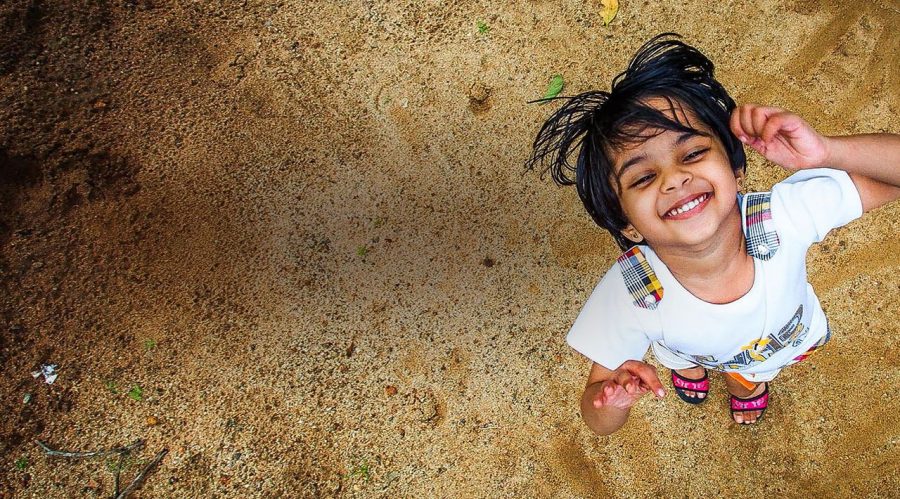By Sheela Seharawat,
Founder & Chief Mentor, Diet Clinic Health Care Pvt Ltd
The term “childhood cancer” is referred to cases of cancer that occurs in children below the age of 18 years. Cancer by its name is a serious disease, especially if it is diagnosed in children and facing to fight against childhood cancer is something nobody wants to experience. The effects on children of the disease is as fatal and debilitating as in adults.
International Childhood Cancer Day is observed on the 15th of February every year and is a global initiative campaign to raise awareness on childhood cancer, highlight the needs for more equitable and better needs for treatment and care for children and to express support for children and even adolescents with cancer, the survivors and their families.
Frequent types and the known risks factors of childhood cancer
The pattern of cancer in children totally differs from the ones in other age groups. Leukemia represents one third of the cases in childhood cancer, whereas, lymphomas and tumors of the central nervous system are the other two major types.
As far as the risk factors are concerned, only a few definite causes have been identified like radiation exposure and ingestion of hormone diethylstilbestrol during pregnancy. Genetic factors also contribute majorly in cases of childhood cancers. Studies conducted on the subject have also revealed that viruses like Hepatitis B, Human Herpes and HIV also contributes to the risk on some cases. Also, nutritional deficits with poor and unhealthy eating and lifestyle habits also leads to the development of cancer in children.
Nutrition – the core defence against cancer
Good nutrition is the most essential factor for children being treated with cancer. When hit with cancer, children lose their appetite, caused by numerous factors like –
- Side effects of treatment – chemotherapy, radiation, etc.
- Depression, Effects of pain.
- Nausea, vomiting and diarrhea.
- Change of taste.
Good nutrition means good health and good growth. When an adequate nutrition is maintained through diet in children with cancer they are more likely to have:
- Reduced side effects of chemotherapy and radiation.
- Faster and better healing.
- Enhanced quality of living.
- Positive growth and development.
What nutrients with children with cancer need?
In a simple way children diagnosed with cancer and undergoing treatment needs proteins, carbohydrates, fats, water, vitamins and minerals for better and faster recovery.
1. Protein: has many uses in a human body – helps in growth; repairs tissues; maintains the skin, produce blood cells, supports the immune system and the linings of the digestive tract. When enough quantity of protein is not fed to the body, the body breaks down the muscles for the fuel needs, and as result it takes longer for the child to recover and fight against infections.
Some good sources of protein are – fish, poultry, lean red meat, eggs, dairy products, nuts and nut butters, dried beans, peas and lentils, and soy foods.
2. Carbohydrates: are the major source of energy for the body. it provides the body with the fuel (calories) it requires for all the organs to function properly. Children undergoing cancer treatments needs more calories for the tissues to heal and need for energy.
Fruits, vegetables, and whole grains are the best sources of carbohydrates.
3. Whole grains and fibers: whole grains are foods that has all the essential parts and naturally occurring nutrients. Cereals, breads, flours, and crackers are good whole grains. On the other hand fibers from plant food are helpful in extracting food wastes from the body.
4. Fat: plays an important role in overall nutrition and are a source of energy (calories) for the body. Fats are responsible for energy, insulate body tissues, and carry some types of vitamins through the blood.
5. Water: is needed to keep the body hydrated. Healing children loses fluids by vomiting or diarrhea, and may become dehydrated. Improper fluids and minerals can make the body working abnormally and can put dangerously out of balance.
